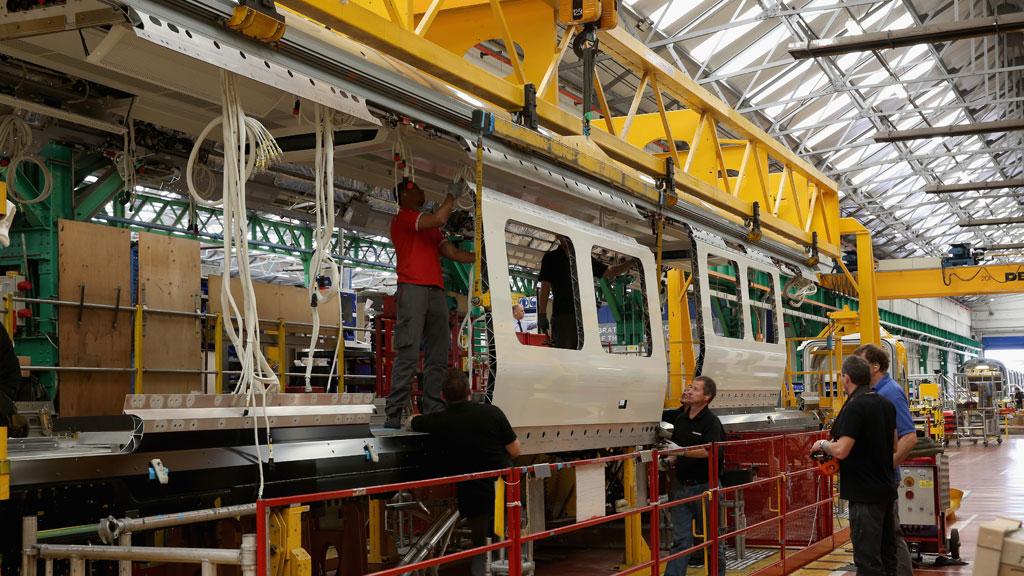Unemployment falls but pay growth stutters
Unemployment falls by 146,000 to 2.02 million – with the latest official figures showing the largest annual drop in a quarter of a century.

The 146,000 fall covers the three months to the end of July, while over the last year, unemployment has dropped by 468,000 – the biggest annual fall since 1988.
In the same three-month period, the number of people in work rose by 74,000 to 30.61 million, most of this increase due to a rise in women working part time.
The number of people claiming jobseeker’s allowance has fallen below one million for the first time in six years. The claimant count fell by 37,200 in July to 966,500.
But pay growth is not keeping up with the rising cost of living.
Pay including bonuses rose by 0.6 per cent over the year (0.7 per cent excluding bonuses), while the latest inflation figures, released on Tuesday, show that prices are rising by 1.5 per cent.
The Bank of England halved its forecast for average wage growth in August, saying it now expects average salaries to rise by 1.25 per cent in 2014.
Pay growth ‘subdued’
Mark Beatson, chief economist at the Chartered Institute of Personnel and Development, said the rise in employment was impressive, “at a time when many other European countries are struggling to create jobs”.
He added: “However, the new figures also show that pay growth remains very subdued and well below all measures of price inflation, so the improvements in productivity and pay that we are all looking for are still not in sight.”
Chancellor George Osborne tweeted: “Today’s employment stats mark another step towards full employment. But still much more to do.”
Today’s figures show the largest annual fall in unemployment on record: down 468,000 in 12 months. Our long-term economic plan is working.
— David Cameron (@David_Cameron) September 17, 2014
Shadow employment minister Stephen Timms said: “Pay excluding bonuses today is the lowest on record. Under this government wages after inflation have already fallen by over £1,600 a year since 2010, and by next year working people will have seen the biggest fall in wages of any parliament since 1874.”
Scottish referendum
The number of Scots in work has reached a record high of more than 2.6 million, with both sides of the independence debate claiming the figures as a boost to their campaign.
Employment rose by 45,000 in the three months from May to July to stand at 2,623,000 – a rise of 87,000 on the same time in 2013.
Chief Secretary to the Treasury Danny Alexander said rising employment was “a powerful demonstration of how we are better together” while Scottish Finance Secretary John Swinney said the figures were a “huge vote of economic confidence in Scotland’s future”.
-
Latest news
-
Boy with profound learning disabilities reaches out of court settlement after abuse in residential school7m

-
India election: Modi rivals hit by string of raids and arrests7m

-
Can UK’s abandoned mines be used to build a greener future?5m

-
Sycamore Gap: Man pleads not guilty to felling iconic tree2m

-
‘Child poverty has not fallen since Tories came in’, says Gordon Brown5m

-




